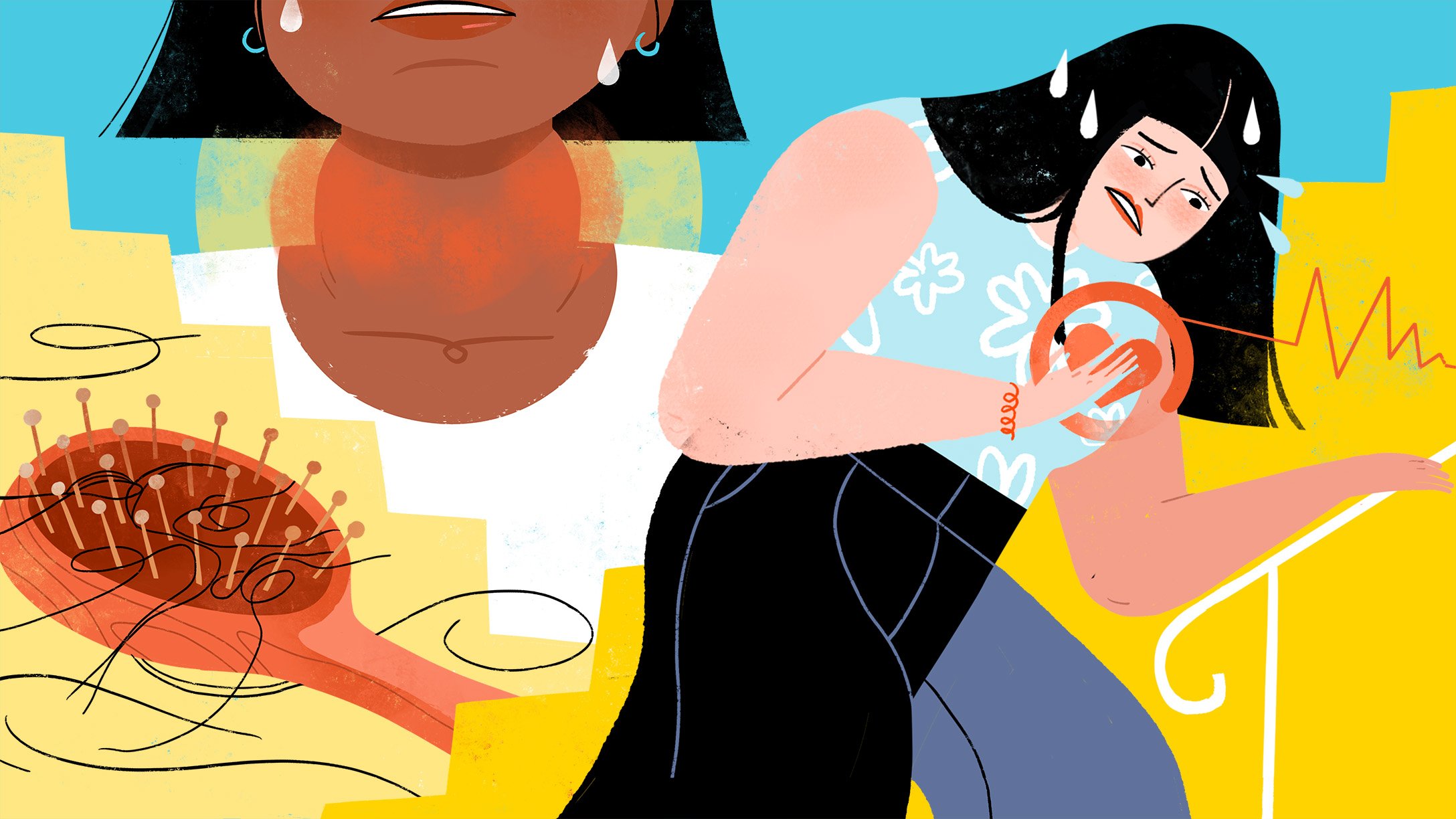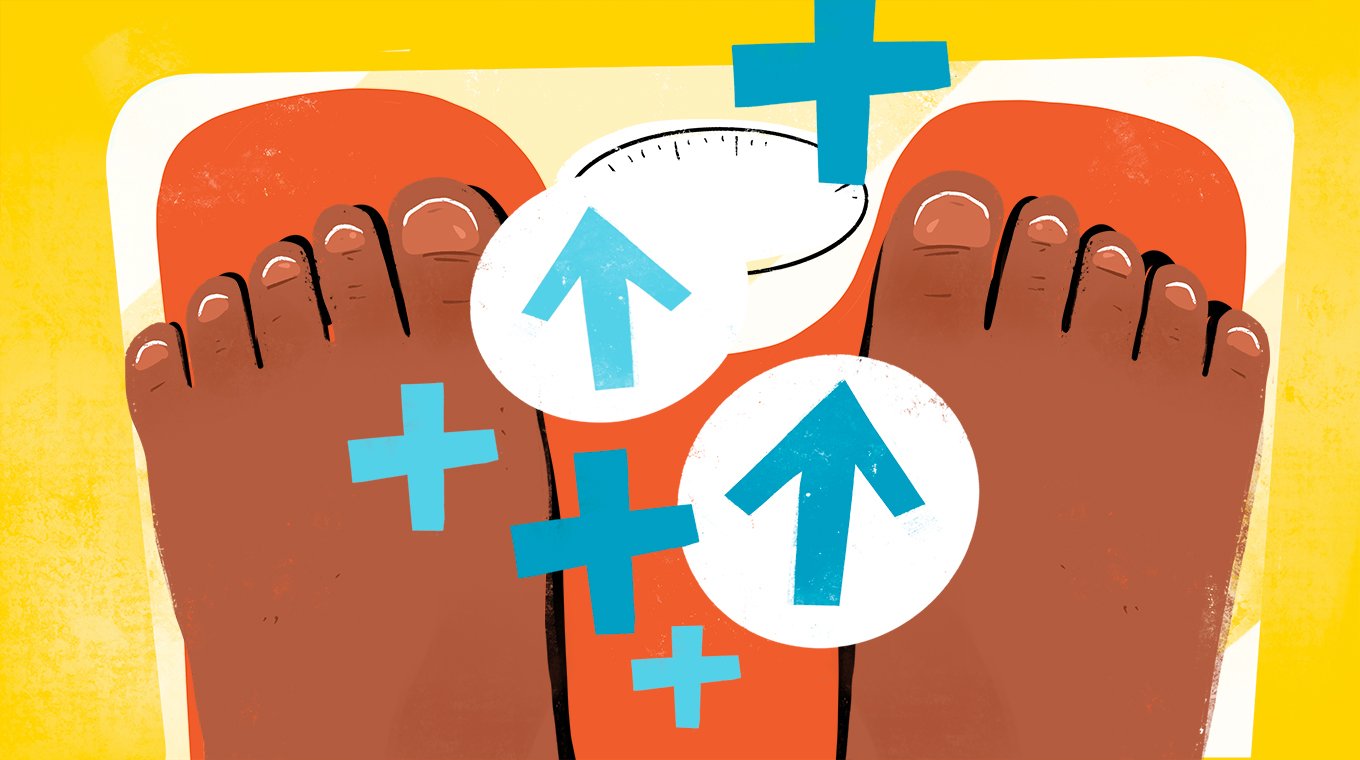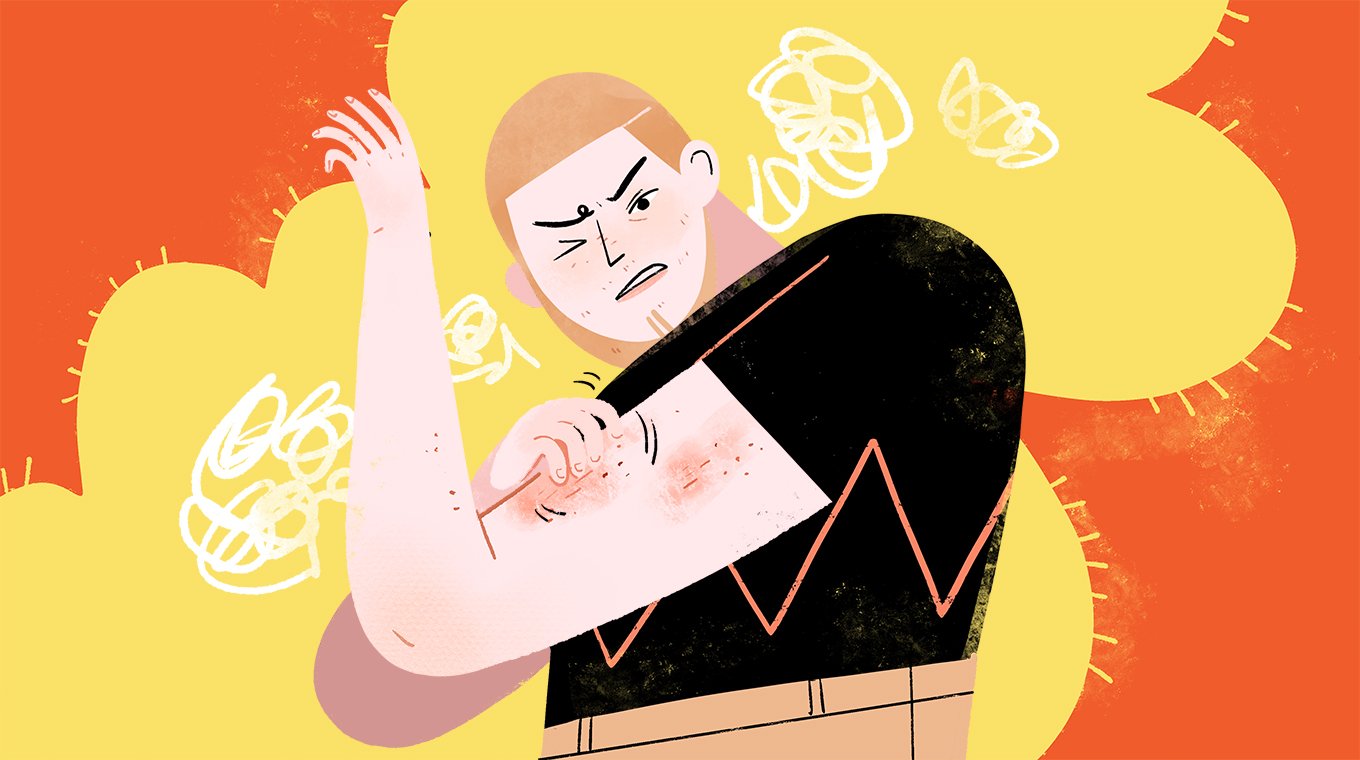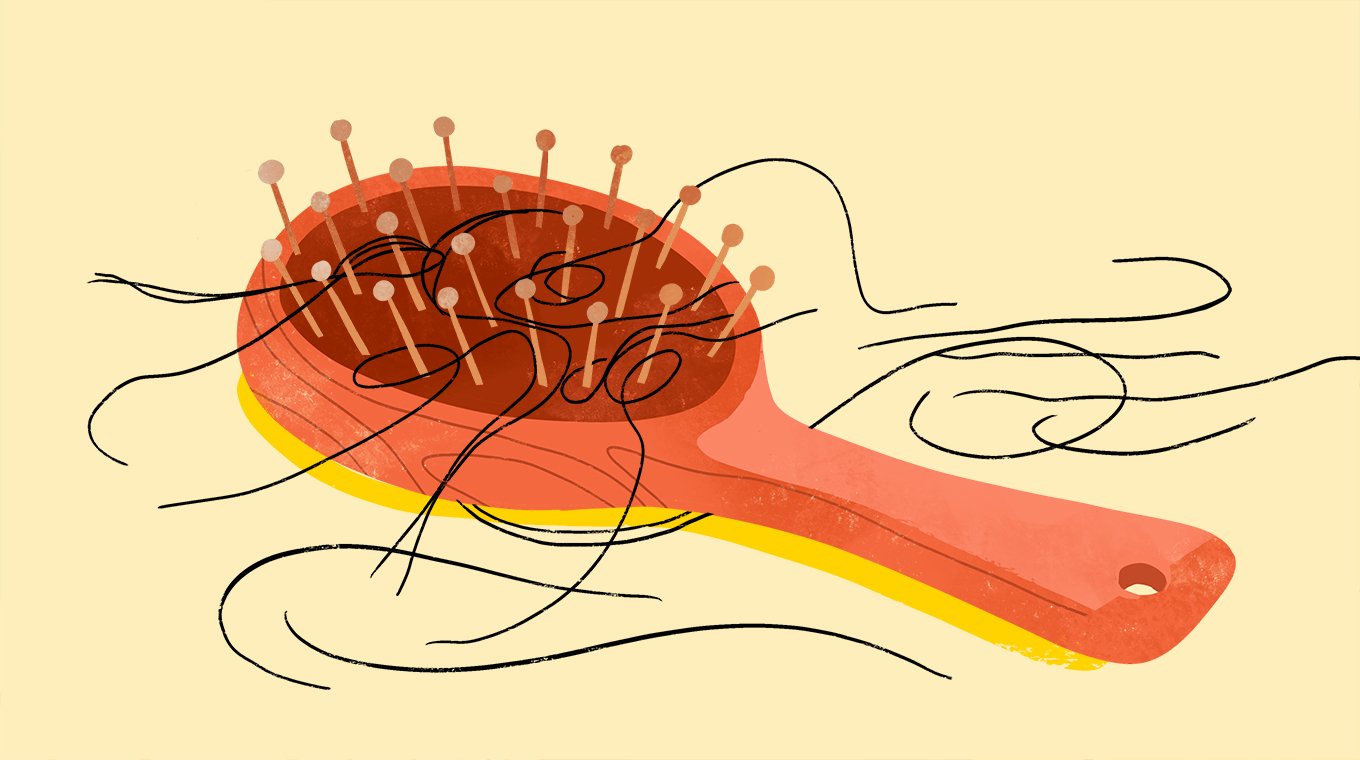
Most of us are familiar with iodine as something in a bottle that we might use to clean cuts or wounds. In reality, iodine is a lot more than just an antiseptic.
According to the US National Library of Medicine, "Iodine is an essential dietary supplement which is required for the synthesis of thyroid hormones."
The healthy human body contains 15 to 20 mg of iodine, most of which helps regulate the functions of your thyroid gland. If you don't have enough iodine, your thyroid may become under-active, lead to hypothyroidism.
Your body doesn't naturally produce iodine, but it is found in plenty of foods that we eat every day. These include, fish, milk, cheese, fruits, vegetables, and anything containing iodized salt.
But just because iodine is present in a lot of foods, that doesn't mean that everyone is getting enough. In fact, 40% of the world population is at risk for iodine deficiency, according to the American Thyroid Association.
There are many symptoms related to thyroid deficiency that are uncomfortable, but also completely preventable.
1. Swollen Neck

Our thyroid gland is located in our neck. Since iodine is important fuel for your thyroid, this area is one of the most common places where symptoms begin to manifest.
The American Thyroid Association points out that the thyroid enlarges as it attempts to keep up with your body's demand for hormone production, which leads to the swelling in the neck and the development of a goiter.
2. Weight Gain

We are all entitled to gain a few pounds here and there; it's just part of being human.
However, if you've noticed an unusual gain and can't pinpoint a cause, like change in diet or exercise, it could be worth getting your iodine levels looked into.
According to the Australian Thyroid Foundation, not receiving enough iodine can lead to hypothyroidism, which often results in unforeseen weight gain.
3. Fatigue And Weakness

Iodine also helps regulate metabolism.
Therefore, complications that prevent those things running smoothly can make you feel like you're running on low fuel.
Feeling unusually weak or tired can be expected when you're not receiving enough nutrients, or are working with an under-active thyroid that doesn't have enough iodine available to function properly.
4. Dry, Flaky Skin

Skin is the largest organ on our bodies, and the thyroid plays a part in keeping it smooth and healthy when it's working properly.
However, if your thyroid isn't receiving enough iodine to distribute hormones the way it should, your skin reacts by becoming dry and flaky, according to the Thyroid Foundation of Canada.
5. Hair Loss

Like many things, our hair growth is regulated by our hormones, and by association the thyroid.
Hair loss can be caused by a host of other things like heredity, medication, and age, according to the Mayo Clinic.
However, if those things do not apply to you, you might want to have your iodine levels checked, and consider whether your thyroid is responsible.
6. Constantly Feeling Cold

Do you feel cold all the time? Even when its warm out?
Everyone is different, but if you've noticed that your resting temperature is particularly cold compared to other people, you might want to get your iodine levels tested.
Body temperature is just one of the many functions your thyroid regulates, and is a symptom of hypothyroidism, according to the Australian Thyroid Foundation.
7. Irregular Heart Rate
Yet another bodily function that is heavily influenced by the thyroid is the cardiovascular system.
According to Iodine Research, the heart is a "target organ" for thyroid hormones.
An irregular heart rate goes hand in hand with a lack of iodine in your system, and the fact that your thyroid hormones aren't functioning properly as a result.
8. Learning And Memory Issues

While many learning or memory issues may be genetic, it's important to know that iodine levels are associated with alertness and intelligence.
In fact, according to the American Thyroid Association, mild iodine deficiency during pregnancy is linked with low intelligence in children.
If your memory and learning issues aren't already preexisting, you might want to add some iodine to your diet to help make sure you're firing from all cylinders.
9. Pregnancy Complications

Iodine is essential for the skeletal and central nervous system development of an unborn baby.
Therefore, a mother who isn't receiving enough iodine is putting her pregnancy at risk.
The American Thyroid Association says that iodine deficiency is linked to issues like miscarriage and stillbirth.
Babies who are born in spite of being iodine deficient may suffer from brain development issues, hearing problems, spasticity, and short stature.
10. Heavy Or Irregular Periods

There are few parts of your body that aren't targeted by your thyroid, which is why menstrual cycles are often affected when women aren't receiving enough iodine.
According to Thyroid Nation, an overactive thyroid can suppress ovulation. On the other hand, an under-active thyroid caused by a lack of iodine will lead to heavy and irregular cycles.
Be sure to SHARE this information with your loved ones!




